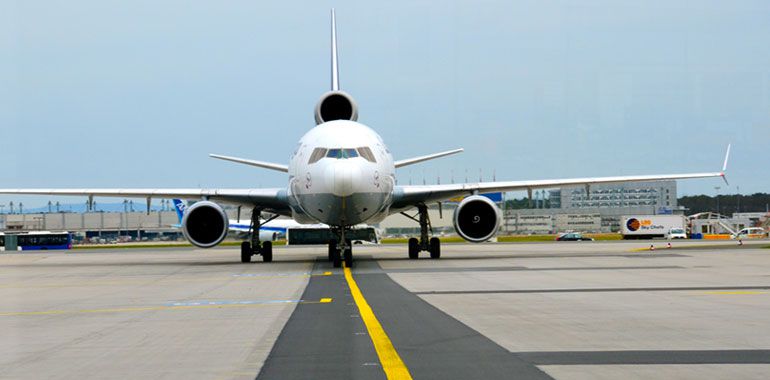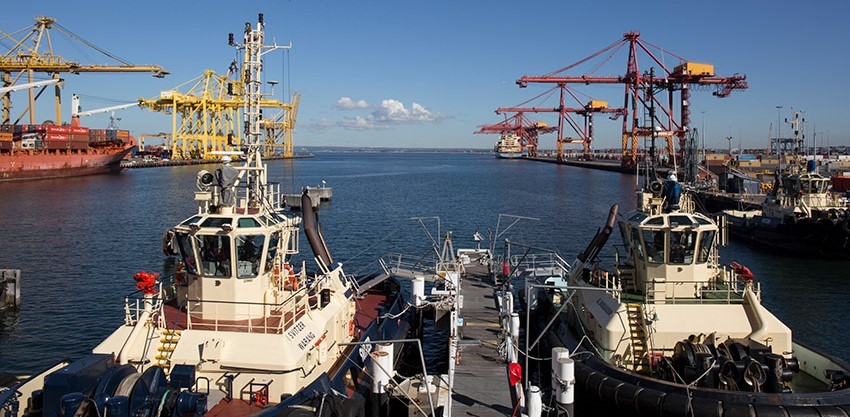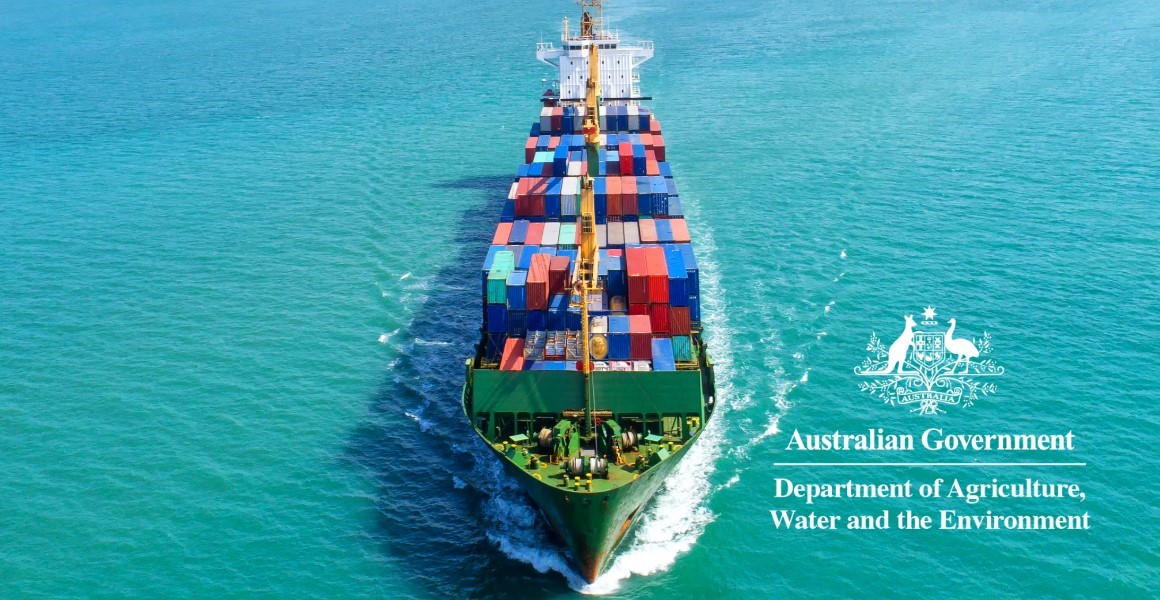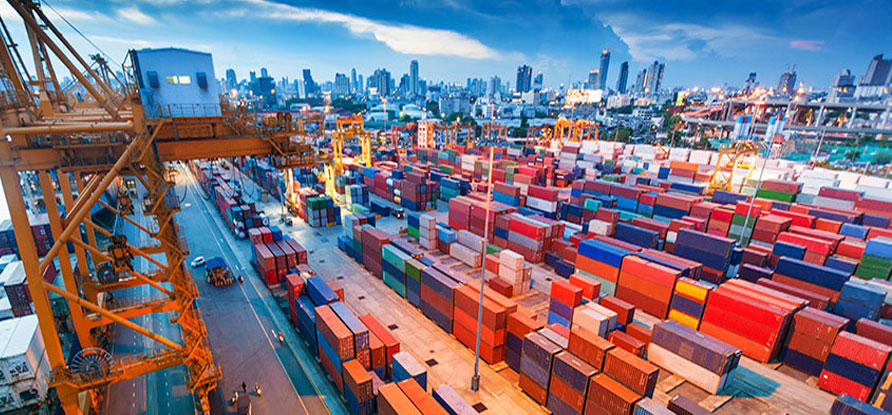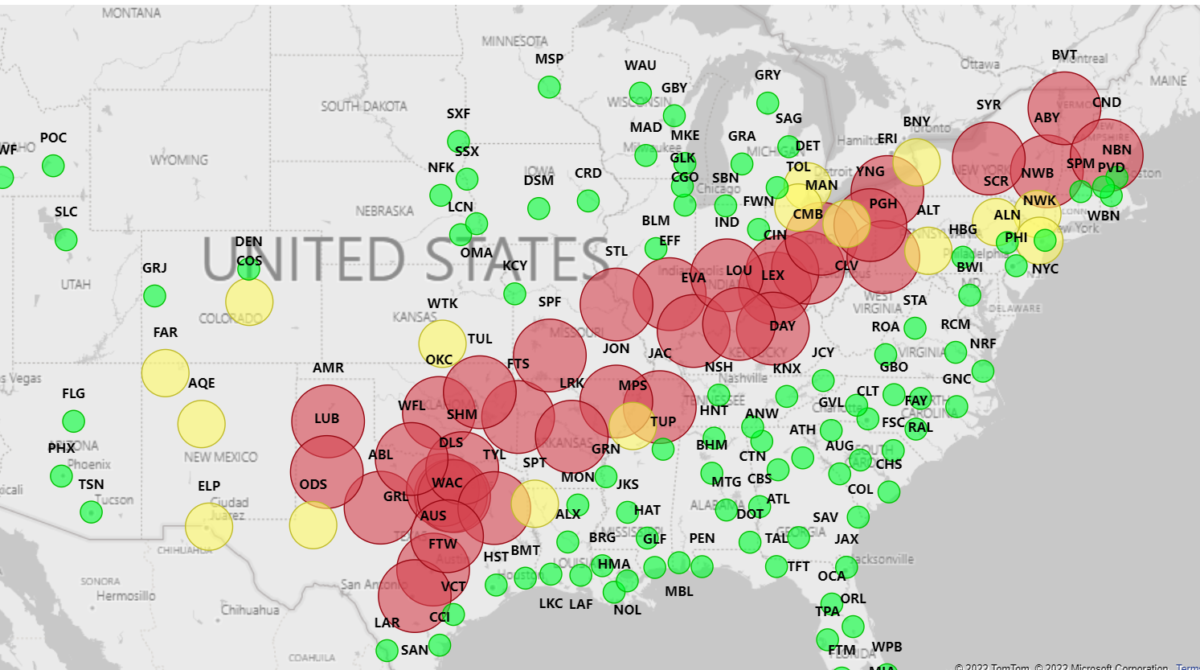| FREIGHT & TRADE ALLIANCE (FTA) / AUSTRALIAN PEAK SHIPPERS ASSOCIATION (APSA)
Who does this notice affect?Exporters, importers, customs brokers and freight forwarders |
FTA / APSA MEET WITH THE ACCC ON INTERNATIONAL SHIPPING COMPETITION
Opportunity for direct member engagement with our competition regulator
The spotlight is clearly centred on international shipping line practices by global competition regulators.
The Australian Competition and Consumer Commission (ACCC) today (3 March 2022) released their Compliance and Enforcement Priorities for 2022/23, importantly giving prominence to competition issues in global and domestic supply chains.
In parallel, during yesterday’s State of the Union presentation, US President Joe Biden made a specific reference to shipping line activity and inflationary pressures noting; â€about half a dozen or less foreign-owned companies raised prices by as much as 1,000 percent and made record profits.â€.
The US President made a hard hitting commentary outlining the intent of investigations “I’m a capitalist, but capitalism without competition isn’t capitalism. Capitalism without competition is exploitation — it drives up profits.”
Putting all of this into context, Freight & Trade Alliance (FTA) and Australian Peak Shippers Association (APSA) representatives met earlier today (3 March 2022) with executives from the ACCC to ascertain detail of their collaboration with the Canadian Competition Bureau; the US Department of Justice, the New Zealand Commerce Commission and the UK Competition and Markets Authority that aim to identify and prevent potentially anticompetitive conduct in the global supply and distribution of goods – the FTA/APSA media release in response to the announcement is available HERE.
Importantly, FTA / APSA shared a detailed quarterly report prepared by the Global Shippers Forum (GSF) and MDS Transmodal – refer HERE (FTA/APSA MEMBER LOGIN REQUIRED) demonstrating restricted shipping capacity continues to fall short of global demand.
The ACCC stated that they are very much in the preliminary stages of their investigations but took the opportunity to suggest that in addition to ongoing collaboration with FTA/APSA, there will be a need for direct engagement with members across import, export and international freight forwarding sectors.
Should you be interested in this level of participation and to make a positive contribution to the review, please contact Tony Vinson (Head of International Freight and Logistics – FTA/APSA) at [email protected]
Paul Zalai – Director FTA | Secretariat APSA | Director GSF
Copyright © 2022 Freight & Trade Alliance (FTA) Pty Ltd, All rights reserved.



